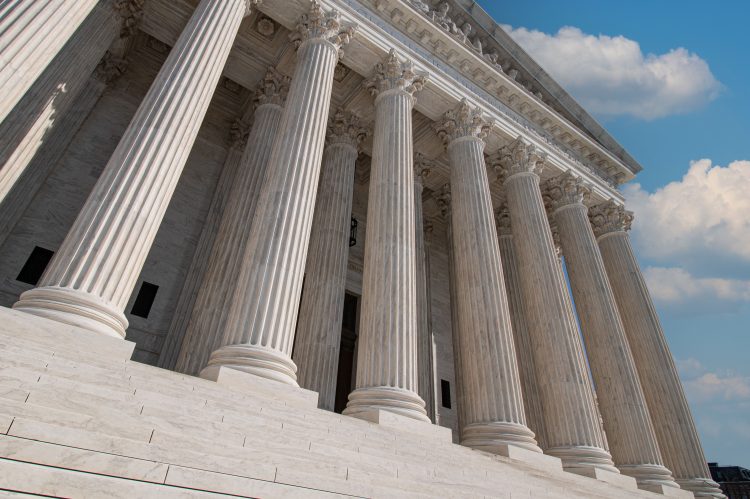The National Association of REALTORS® (NAR) is appealing a recent court decision that allowed federal antitrust investigators to re-open their inquiry into real estate rules and practices, making another push to stymie potential further efforts by regulators to alter policies foundational to the industry.
Elevate Your Buyer Consultations with Client One Sheets
Treat buyer counseling sessions with the same importance as a listing presentation. Learn to highlight what differentiates you from other buyer agents with the Accredited Buyer’s Representative (ABR®) designation. Learn more.
Business Tip of the Day provided by
Categories
The Most Important Real Estate News & Events
Click below to receive the latest real estate news and events directly to your inbox.
By signing up, you agree to our TOS and Privacy Policy.














It seems like the more NAR is afraid to be investigated, and is afraid of full transparency, the worse it’s going to be for all who cling to the transaction model already found by at least one jury to be an illegal anti-competitive practice. https://ownersrealtyservices.com/fully-uncoupled-real-estate-purchase-transaction-model/
Don’t they have anything better to do? The DOJ seems intent on busting up a monopoly that just does not exist. There is no collusion, no smoke filled room where Boss Tweed was running some puppet regime, and there is certainly no smoking gun. Maybe fight Government corruption? Maybe go after Wall St – remember when we bailed out the banks and all they did was give themselves bonuses? Maybe have a chat with Boeing? The list is long, stuffed with actual problems. The average Realtor® is just a person trying help people buy and sell homes, and to make a living.
When NAR pays more to lobbyists than any other entity, you think 300 million american consumers don’t deserve protection from them by the DOJ. It seems really too bad that the average realtor has been sucked by NAR and the big name franchisor brokerage houses into a system where none of them have a clue how consumers overall are so much negatively affected.